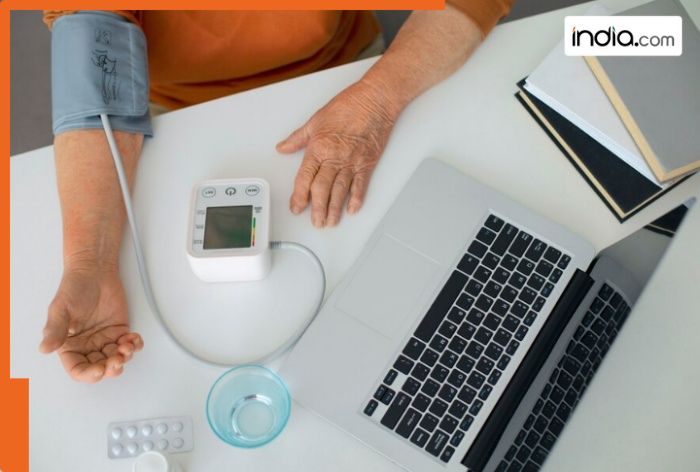Blood pressure tends to increase as temperature drops. There are few telltale signs and symptoms that indicate increased hypertension.
The winter season brings its own set of health problems, seasonal allergies, and more. Cases of heart attack and high blood pressure tend to increase during the season. It is also recommended that older people avoid being in extremely cold climates. Winter can pose unique challenges for people with high blood pressure (hypertension). Cold weather can cause blood vessels to constrict, which can increase blood pressure levels. In severe cases, this constriction can lead to a risk of heart attack and more. However, identifying the problem early can help mitigate the entire risk. Therefore, it is essential to understand the signs and symptoms of increased blood pressure.
5 Signs and Symptoms of High Blood Pressure in Winter
- Headaches: One of the most common symptoms of high blood pressure is headaches. If you notice frequent or worsening headaches during the winter months, it may be an indication that your blood pressure is increasing. Cold weather can cause increased stress and tension, which can exacerbate headaches. If these headaches are persistent or intense, it is essential to monitor your blood pressure and consult a health professional.
- Difficulty breathing: Experiencing shortness of breath, especially during physical activity or even at rest, can be a major warning sign of high blood pressure. Cold air can constrict the airways and make it difficult for people with hypertension to breathe. If you feel unusually breathless during winter activities, it may be time to check your blood pressure.
- Fatigue and weakness: Feeling unusually fatigued or weak can also indicate increased blood pressure. Cold temperatures can cause increased energy expenditure as the body works to maintain its core temperature.
- Chest pain or discomfort: Chest pain or discomfort should never be ignored, especially in people with high blood pressure. In winter, the risk of heart problems may increase due to the additional stress on the cardiovascular system caused by cold weather. Symptoms such as tightness, pressure, or pain in the chest may indicate high blood pressure or other serious conditions. If you experience these symptoms, seek immediate medical attention.
- Nosebleeds: Unexplained nosebleeds can be a sign of high blood pressure, especially in winter. Dry, cold air can cause the nasal membranes to become dry and brittle, causing bleeding. However, if you find that you are experiencing frequent nosebleeds along with other symptoms, it could indicate that your blood pressure is higher than normal.
Winter can exacerbate high blood pressure, so it’s essential to recognize warning signs that your blood pressure may be rising. If you notice any of these signs, see your healthcare provider to evaluate your blood pressure and make any necessary adjustments to your management plan.
